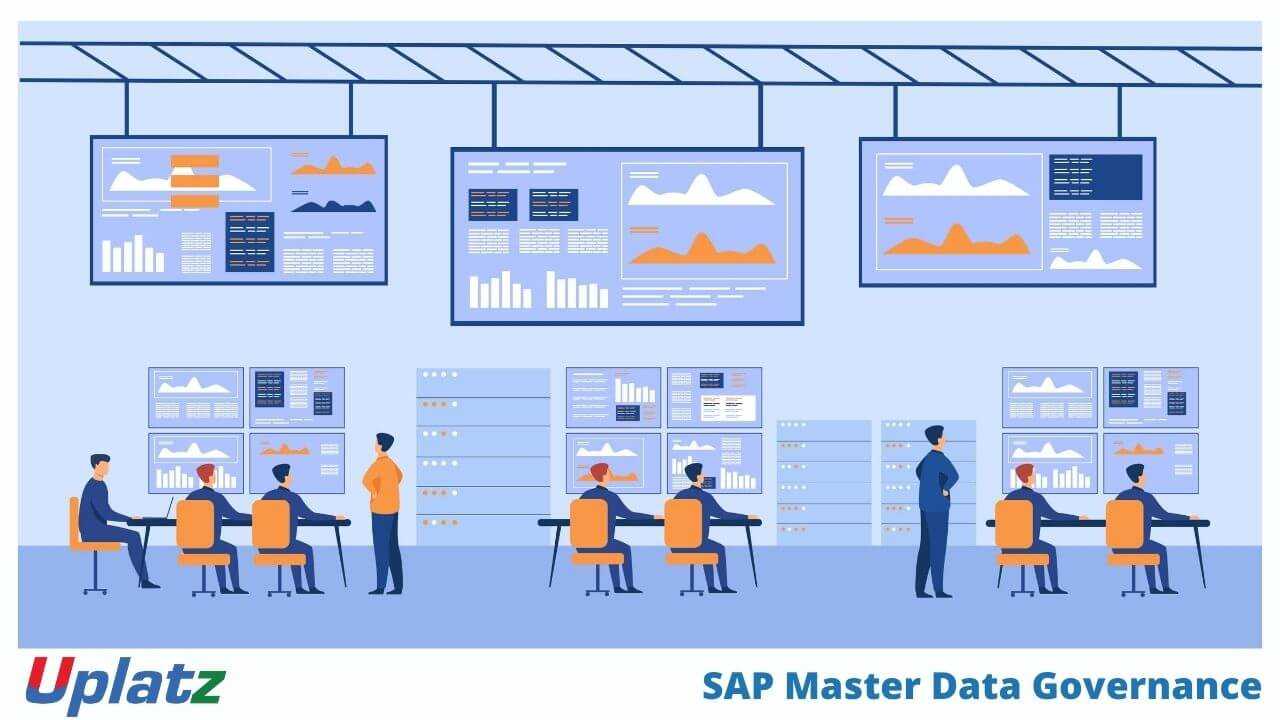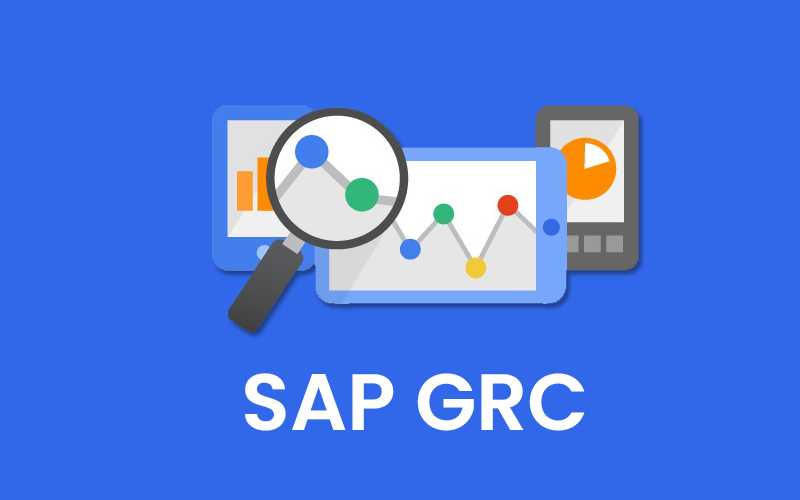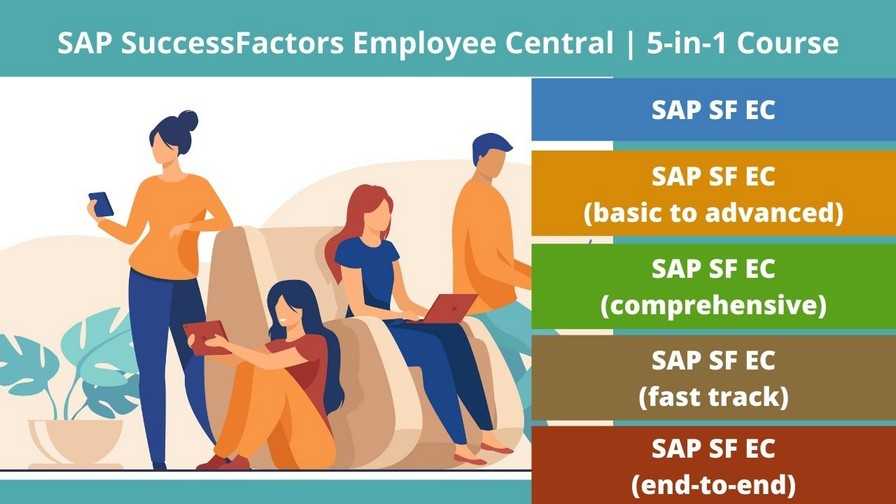SAP PS (basic to advanced)
Unlock the power of SAP PS. Gain expertise in Project Planning, Budgeting, Execution, Integration, Control in SAP ERP system. Become SAP PS ConsultantPreview SAP PS (basic to advanced) course
Price Match Guarantee Full Lifetime Access Access on any Device Technical Support Secure Checkout Course Completion Certificate 83% Started a new career
BUY THIS COURSE (GBP 29)
83% Started a new career
BUY THIS COURSE (GBP 29)
-
 90% Got a pay increase and promotion
90% Got a pay increase and promotion
Students also bought -
-

- SAP MDG (Master Data Governance)
- 25 Hours
- GBP 29
- 145 Learners
-

- SAP GRC (Governance Risk Compliance)
- 20 Hours
- GBP 29
- 64 Learners
-

- Bundle Multi (5-in-1) - SAP SuccessFactors Employee Central
- 100 Hours
- GBP 22
- 1930 Learners

SAP PS (Project System) is a module within the SAP ERP (Enterprise Resource Planning) system that is specifically designed for project management and controlling. It enables organizations to plan, execute, monitor, and control projects effectively. SAP PS integrates with other SAP modules such as Financial Accounting (FI), Controlling (CO), Materials Management (MM), and Sales and Distribution (SD) to provide comprehensive project management functionalities.
Here's an overview of SAP PS and the benefits of becoming an SAP PS consultant:
1) Project Planning and Execution: SAP PS allows for the creation of project structures, work breakdown structures (WBS), and network activities to define project tasks, timelines, dependencies, and resources. It provides tools for project scheduling, resource management, and cost planning.
2) Project Monitoring and Controlling: SAP PS enables real-time monitoring of project progress, cost, and resource utilization. It offers features for tracking actual project costs, comparing them to planned costs, and generating project-related reports and analyses. This allows for effective project control and timely decision-making.
3) Integration with Finance and Controlling: SAP PS integrates with the FI and CO modules, allowing for seamless financial management of projects. It enables budget planning, cost allocation, revenue recognition, and profitability analysis at the project level. This integration ensures accurate financial reporting and cost control.
4) Resource Management: SAP PS provides tools for managing project resources, including personnel, equipment, and materials. It allows for resource capacity planning, resource leveling, and resource assignment to ensure optimal resource utilization across projects.
5) Collaboration and Communication: SAP PS facilitates collaboration among project teams through features like project documentation, shared calendars, and milestone tracking. It enables effective communication and coordination, ensuring that project stakeholders are aligned and informed.
There are many benefits of becoming an SAP PS consultant, the key ones are:
1) High Demand: SAP PS is widely used by organizations across industries for managing complex projects. As an SAP PS consultant, you will have access to a range of job opportunities in both consulting firms and client organizations.
2) Lucrative Career: SAP consultants, including SAP PS consultants, are highly valued in the job market, and their specialized knowledge and skills command competitive salaries and benefits.
3) Career Growth: By specializing in SAP PS, you can advance your career in project management and move into roles such as Project Manager, Program Manager, or Project Management Office (PMO) Lead. SAP PS expertise enhances your prospects for career progression and higher-level responsibilities.
4) Cross-Functional Exposure: SAP PS consultants collaborate with professionals from various business functions such as finance, procurement, and sales. This provides opportunities to develop a broader understanding of business processes and gain exposure to different areas of expertise.
5) Continuous Learning: SAP PS is a complex module, and as an SAP PS consultant, you will have the opportunity to continuously learn and stay updated with the latest developments in project management and SAP technology. This constant learning keeps your skills relevant and valuable.
6) Global Opportunities: SAP is a globally recognized ERP system, and SAP PS consultants often have the opportunity to work on international projects or in multinational organizations, expanding their professional network and cultural exposure.
In summary, SAP PS is a robust project management module within SAP ERP that offers a range of functionalities for effective project planning, execution, and control. Becoming an SAP PS consultant can lead to a rewarding career with high demand, growth opportunities, cross-functional exposure, continuous learning, and global opportunities.
Uplatz provides this extensive course on SAP PS module. The SAP PS training will equip you with knowledge and tools to perform effective project planning, execution, and control within the SAP ERP system application. The SAP PS course will help you become a strong SAP PS consultant.
Course/Topic 1 - Course access through Google Drive
-
Google Drive
-
Google Drive
The key objectives of the SAP PS (Project System) course are:
1) Gain a comprehensive understanding of SAP PS module: Learn the core concepts, functionalities, and processes involved in project planning, execution, monitoring, and controlling within the SAP ERP system.
2) Develop proficiency in project planning and scheduling: Acquire the skills to create and manage project structures, work breakdown structures (WBS), network activities, and project schedules to effectively plan and coordinate project tasks.
3) Learn resource management: Understand how to allocate and manage project resources, including personnel, equipment, and materials, to optimize resource utilization and ensure project success.
4) Master project cost management: Learn to perform budget planning, track actual project costs, and analyze cost variances. Gain insights into cost controlling techniques and tools within SAP PS.
5) Understand integration with other SAP modules: Explore the integration points between SAP PS and other modules like Finance (FI) and Controlling (CO), and learn how to manage project-related financials, revenue recognition, and cost allocations.
6) Enhance project monitoring and reporting capabilities: Learn to monitor project progress, track milestones, generate reports, and perform project analyses to ensure effective project control and decision-making.
7) Develop skills in project collaboration and communication: Understand the collaboration features in SAP PS, including project documentation, shared calendars, and milestone tracking, to facilitate effective communication and coordination among project stakeholders.
8) Gain hands-on experience through practical exercises and case studies: Apply the learned concepts and functionalities through hands-on exercises and real-world case studies to strengthen your understanding and practical skills in SAP PS.
9) Prepare for SAP PS certification: Gain the knowledge and expertise required to successfully pass the SAP PS certification exam, validating your skills and enhancing your professional credentials.
By achieving these objectives, participants of the SAP PS course will be equipped with the necessary knowledge and skills to effectively manage projects within the SAP ERP system, opening up new career opportunities and enabling them to contribute to the success of project-driven organizations.









